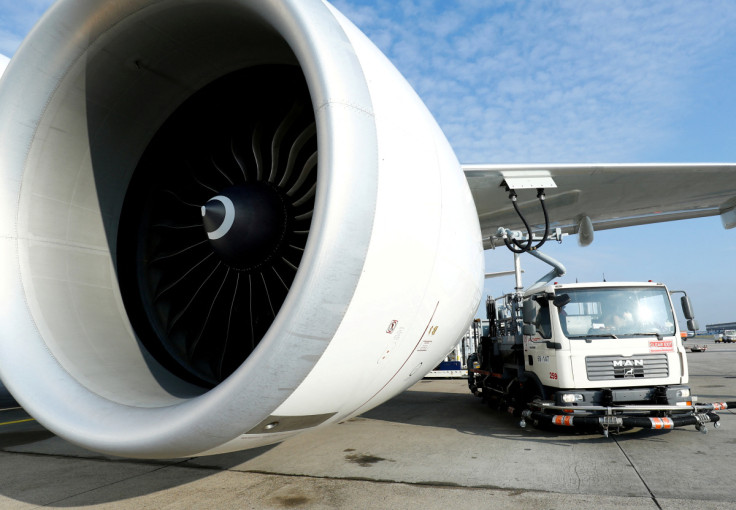Aviation Council Makes Progress on Futureproofing UK As A Leader In The Industry
Established to implement the government's ambitious "Flightpath to the Future" aviation strategy, the council is at the forefront of crucial reforms aimed at ensuring the UK's aviation industry remains one of the strongest in the world.

The Aviation Council had their fourth meeting today, the meeting was primarily focused on future-proofing the United Kingdom's aviation sector and establishing it as a leading industry.
This council was established to bring the government's aviation strategy to life over the next decade. The 'Flightpath to the Future' plan is working toward fostering an innovative and efficient aviation sector that will be ready for any challenges of the future.
The Aviation Council's primary objective is to create an aviation environment that offers more options and better value to passengers, with fewer delays. Today, TUI Group, a UK tour operator, joined as a member of the council. With their years of experience, they only further enhance the potential for this strategy to succeed.
A lot of effort was put towards modernising airspace in this meeting. Doing so will change how it's managed and planned, which will ultimately reduce emissions from aviation. The council is also making advancements in reforming the current airport slot system.
These slots play an important role in maintaining a competitive and environmentally conscious aviation industry. By enhancing reliability, passengers can have more control over what flights are available for them to book.
Baroness Vere of Norbiton, the Aviation Minister, emphasised the importance of collaboration within the Council. She said: "The UK aviation sector is one of the most competitive in the world and is a significant contributor to growth and jobs both domestically and internationally, so it's vital the Aviation Council collaborates to help to build on that sustainably."
Furthermore, she expressed optimism about TUI's inclusion, stating: "We will continue to push the UK aviation industry forward as we welcome [the] newest member TUI, which has a strong record of delivering jobs and skills, bolstering the UK's aviation workforce for the future."
Since the last Council meeting, substantial strides have been made in reducing the barriers to entry into the aviation sector. This includes enhancing the use of apprenticeships and providing pathways for young people to enter an industry that may have seemed out of reach. TUI's participation in the Council is expected to reinforce these efforts.
TUI is known for its Multi-Crew Pilot License (MPL) cadet program, which allows aspiring pilots to receive training and become Cadet Pilots for TUI. This program is financed by TUI and repaid by cadet pilots as they begin earning an additional salary, making it an accessible opportunity for those who might not afford the requisite training.
Marco Ciomperlik, Chief Airline Officer at TUI Group, commented on TUI's commitment to the Council, saying: "We are delighted to contribute to the Aviation Council to help drive progress on vital issues that will deliver more for passengers and create new job opportunities in our dynamic industry."
TUI is renowned for its exceptional service, offering high-quality holidays to over six million British customers annually and operating flights from 22 UK airports to more than 80 destinations with a fleet of over 60 aircraft.
Generating interest among young people to become the aviators of tomorrow is a crucial goal of the joint government-industry initiative known as Generation Aviation.
Recent data indicates that over the past year, the program has reached over 75,000 young people and job seekers through its roadshows, educational visits, and general outreach activities. These efforts are sowing the seeds that aviation is not only a rewarding career but an exciting and challenging one.
The United Kingdom's Aviation Council is poised to continue its mission to innovate, adapt, and ensure the aviation sector remains a global leader. The inclusion of TUI Group and the active participation of organisations like Generation Aviation are key elements in this ambitious endeavour.
As the Council pushes forward with its reforms and modernisation initiatives, the future of the UK's aviation industry appears brighter than ever.
© Copyright IBTimes 2024. All rights reserved.






